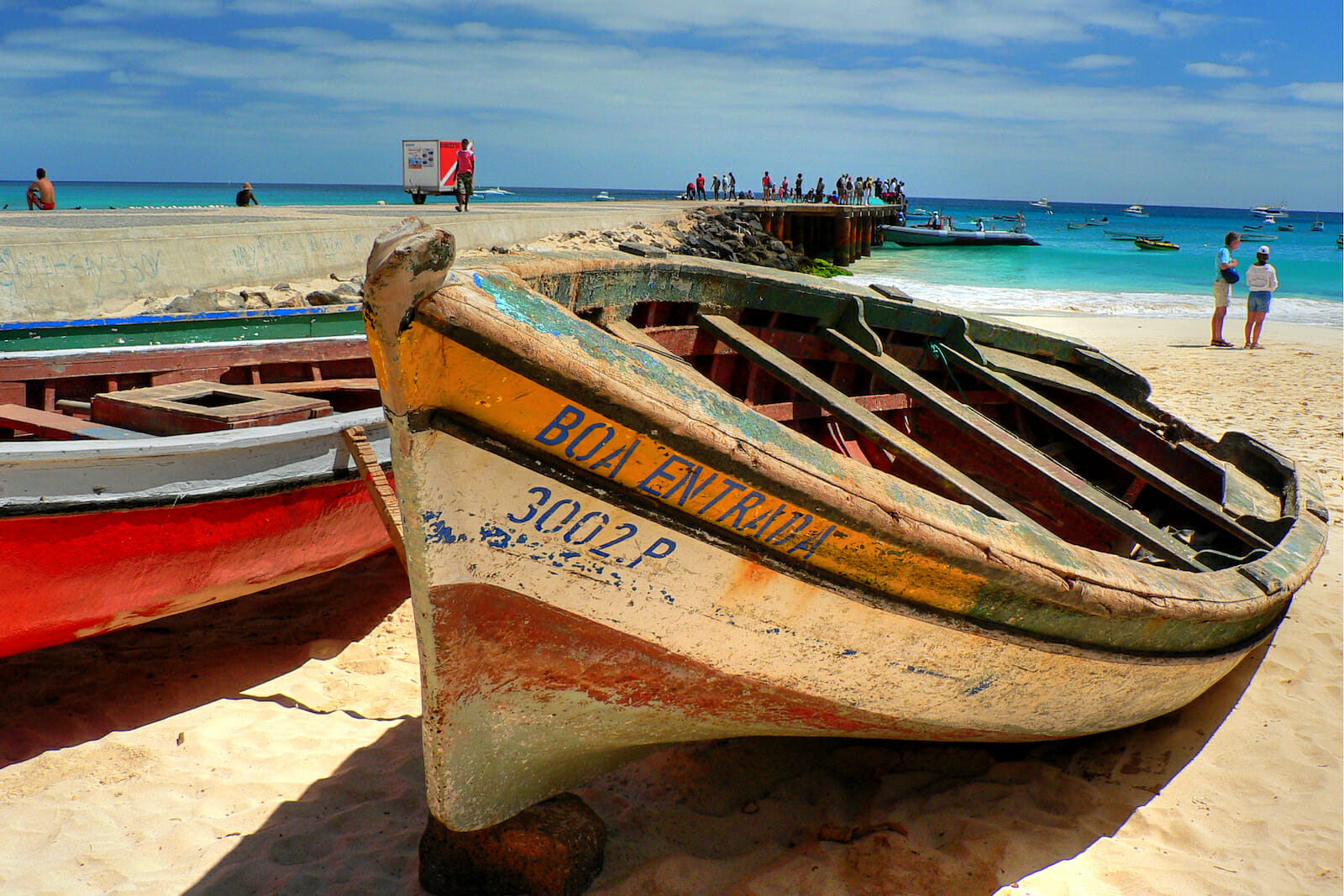
Cape Verde Continues its Reforms with the Economy Showing Promise
Cape Verde is an African nation widely applauded for its stable political system and strong human rights record, since winning its independence from Portugal in 1975. However, poor natural resources and limited economic avenues have left the country heavily dependent on tourism. With a high level of public debt, sitting at 120% of GDP, Cape Verde’s President, Jorge Carlos Fonseca, has his work cut out if he is to steer the country clear of fiscal instability.
Beyond its limited arable land and largely mountainous landscape, a thinly spread population adds to the country’s economic difficulty. With around 500,000 citizens living throughout nine of the ten distantly-positioned islands, Cape Verdeans struggles with issues of connectivity. This contributes to limitations on the nation’s ability to establish economies of scale and results in less than ideal growth and development. These issues tie-up state efforts and render President Fonesca’s task of providing energy, water, health, and education services to his people all the more challenging.
Cape Verde’s economy experienced a relative boom between 1990 and 2008, with the establishment of tourist resorts that brought in waves of European holiday spending. However, after the sting of the global financial crisis, the country has struggled to bring back sufficient growth, slipping deeper and deeper into debt.
The World Bank recently reopened a line of credit to Cape Verde, providing funding of $40 million under an agreement signed in the capital Praia to be used for the 2019 national budget. The deputy prime minister and finance minister, Olavo Correia, signed a second agreement with the World Banks’s regional director, Louise Cord, under which the World Bank provides $10 million to the Cape Verde Sovereign Emergency Fund.
“The Sovereign Emergency Fund will allow the government to have instruments to enable, in the event of catastrophic situations, Cape Verde to intervene autonomously, using its own resources,” Correia explained.
Correia said that the government had suspended the World Bank’s budget support over the past two years, “precisely because of the important agenda of reforms underway, mainly regarding the privatisation process of the TACV airline.”
One of the more crucial areas under government scrutiny is Cape Verde’s transportation services. In a study of the country’s economic outlook, analysts at The Economist state that “Given Cape Verde’s small size, unique island geography and heavy reliance on tourism, efficient, affordable and profitable transport services are instrumental in ensuring long term economic growth.”
It is therefore unsurprising that the government has pursued the privatisation of its national airline, Transportes Aéreos de Cabdéo Verde (TACV), through the sale of 51% of the shares to Loftleidir Cabo Verde. This is intended to make way for a concession program beginning in 2019. The move comes as part of an ambitious project of privatisation aiming by 2021 to unburden the state from 23 public and part-state-owned enterprises that significantly hinder economic growth.
Within all these reforms, the case of airports is particularly interesting since it is not privatisation in the strict sense but rather a concession. This means that the State does not definitively sell these infrastructures but entrusts a private operator with the development and exploitation for a given period of time. Thus the State will earn money at the time of the concession and will continue to earn money from annual profits.
The privatisation of loss-making state-owned enterprises has been on the agenda for a number of years. Such strategies reduce state risk and free up cash for other national spending.
By relinquishing responsibility of transport services to private entities, the beleaguered state is able to focus on health, education, and other infrastructure that make Cape Verde a more attractive place to live and a more appealing tourist destination, boosting the tourism-dependent economy. By privatising much of the country’s services the government provides good conditions to make way for much needed international investment in various sectors. For these reasons, the government’s strategy appears both sound and justified.
The success of initial manoeuvres in this plan are to a large extent a reason that the Cape Verdean government and the World Bank were able to reach an arrangement for 2019 budgetary support. The government already made moves on the privatisation of seaport operators, energy companies, and telecommunication operators. This too has contributed to the favourable prediction for the economy over the next two years.
As a result of political stability and sound government policy, the Cape Verdean economy is expected to maintain real GDP growth of 4.1% in 2019 and 4.8% in 2020. Growth in the country is driven by money sent home by a large diaspora population, manufacturing industry stimulus, the continued growth of the tourism industry, and increased public infrastructure spending.

